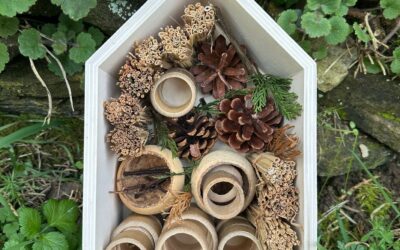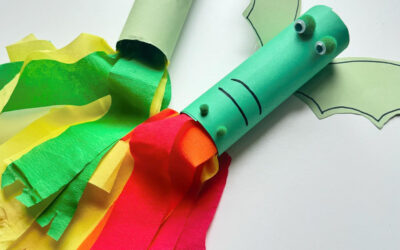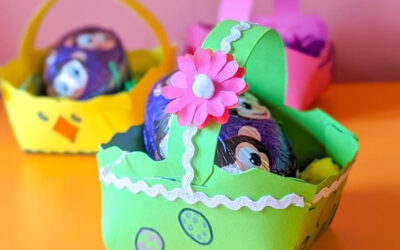Maths Mastery in early years
Sorting
Encourage sorting by colour or size with this pom-pom activity. Using compartmentalised bowls or containers will promote natural sorting as the children play – these wicker sorting baskets are perfect for prompting colour categorisation, especially with younger children who may need more visual support. Adding tweezers or spoons will enhance the activity by encouraging the development of those ever-important fine motor skills and hand-eye coordination. Playing alongside children in an activity such as this will promote language development, mathematical understanding and scaffold the children’s own ideas.
You could use:
- Wickers sorting baskets
- Pom poms of different colours and sizes
- Tweezers, spoons or scoops
Water play
Water play incorporates a plethora of mathematical ideas and values and is so simple to set up. Children as young as one will enjoy filling up and pouring out water from containers, while older toddlers and pre-schoolers will start to explore the concept of capacity and weight in greater depth as they use different sized containers and tools in their play.
You could use:
- A variety of different sized containers, from small egg-cups to large buckets
- Containers with holes such as sieves and slotted spoons
- Items to pour and squirt such as: squeezy/ spray bottles, sponges, pipettes, funnels, tubes and pipes and scoops and spoons
- Small world figurines, including animals, people, boats and other vehicles
- Natural materials like shells and pebbles.
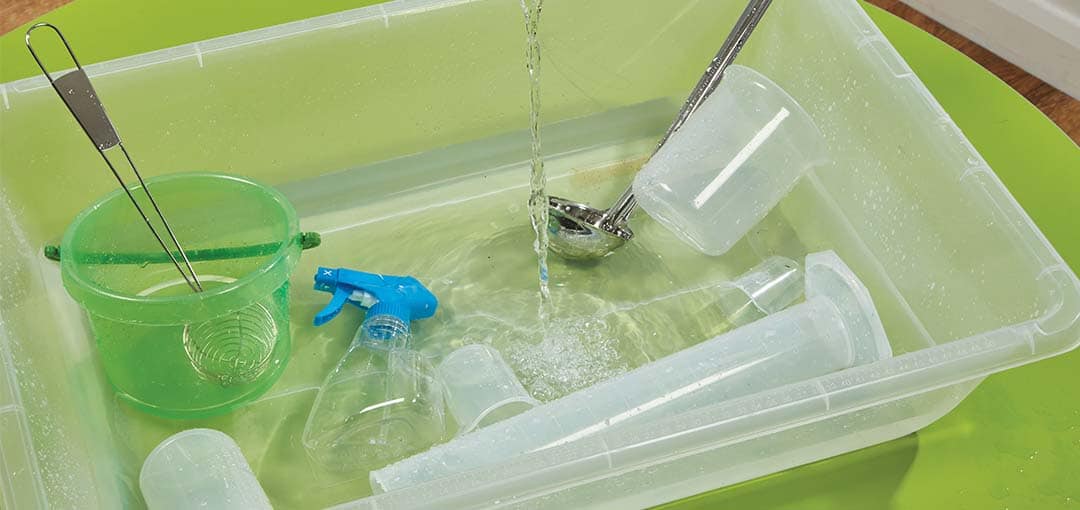
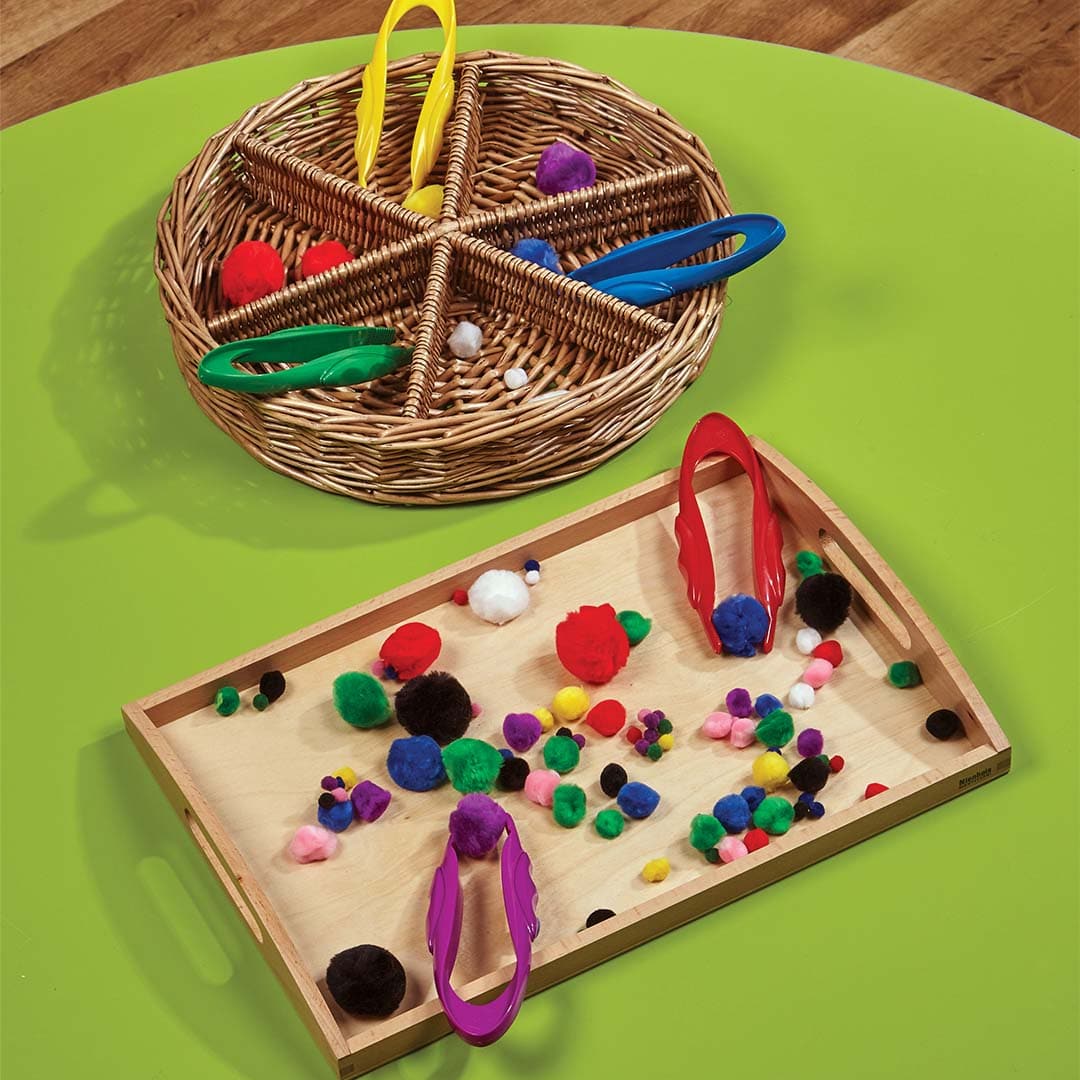
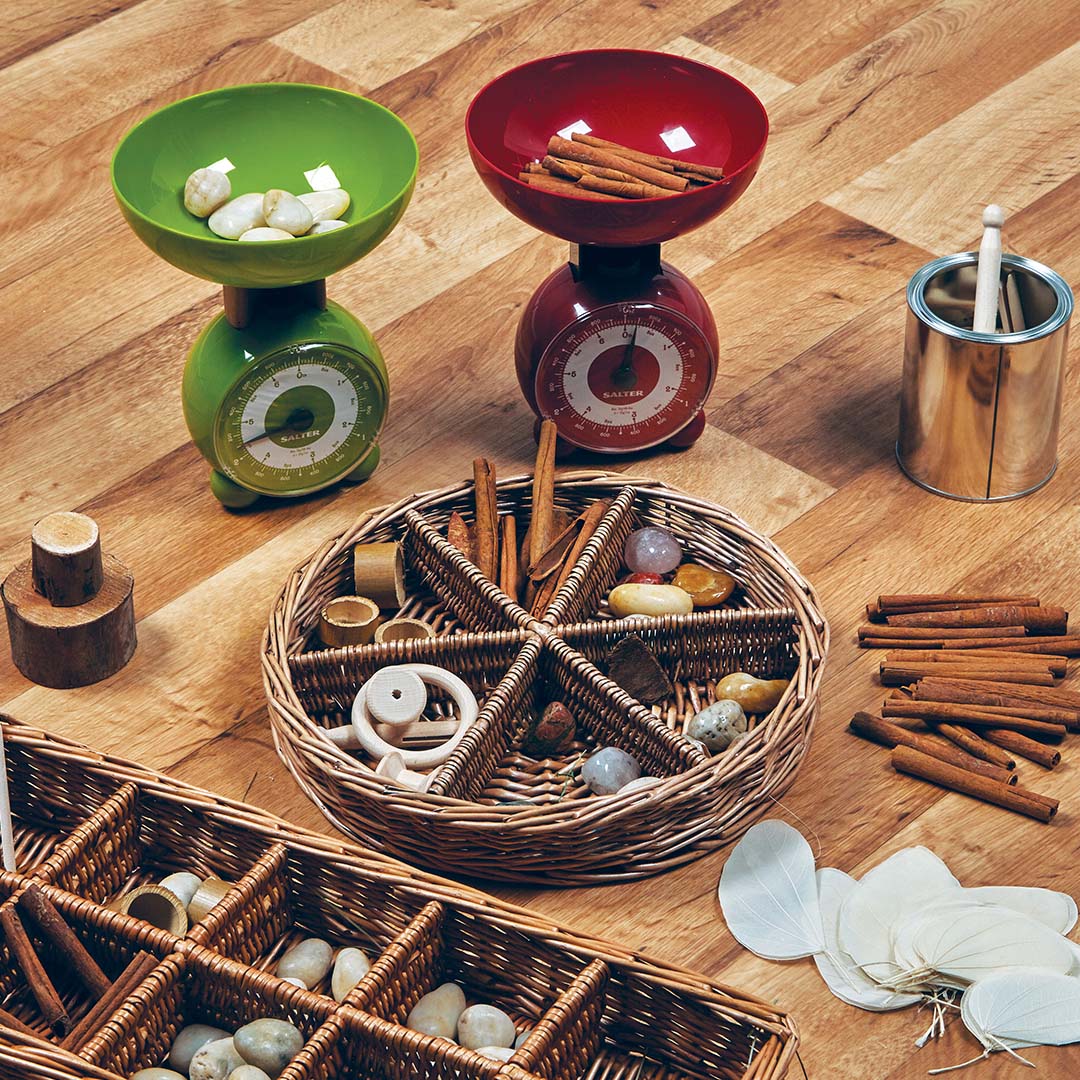
Maths with natural materials
Natural materials provide the perfect resource to encourage mathematical play and thinking without the children even realising! Whether you are playing in an indoor or outdoor environment, providing access to natural loose parts will encourage counting and number investigations, problem solving, positional language and size and weight comparisons, as well as the opportunity to create and talk about pattern and shape. Visual number prompts like the Ladybugs Early Number Cards or Wooden Number Trays will support children in their investigations, encourage number talk and provide quick reference points for adults supporting play.
You could use:
- Natural loose parts (pinecones, seed pods, acorns, leaves, pebbles, sticks, shells, wooden slices)
- Balance and weighing scales
- Baskets and bowls of various shapes and sizes
- Opportunities to measure size or quantity such as measuring sticks and tapes, and the 1,2,3,4,5 frame tray set
Counting and pattern with loose parts
Loose parts provide wonderful opportunities for children of all ages to create patterns and explore shape, space and number without boundaries or pre-conceived ideas. Providing resources with written numerals and allowing children to match them to their collections of objects will provide children with a visual way of understanding the abstract concept of number.
You could use:
- Loose parts such as: beech wood rings, buttons, glass beads, two tone counting stones, natural materials (shells, pebbles, pinecones etc.)
- Baskets and bowls (some with compartments) to hold the loose parts
- Wooden number trays, number cards or even log slices with numbers written on them
- 1,2,3,4,5 frame tray set or Numicon
- Mirrors (to lay underneath loose parts or stand behind them so children can see the reflection of the patterns).
Key language and prompts you could use throughout each activity:
- Numbers from 1-20 and beyond
- 2D and 3D shape names
- Scales, balance scales, bucket, pan,
- Big, small, bigger than, smaller than, large, tiny, heavy, light, heavier than, lighter than, long(er), short(er), thick(er), thin(ner), weight, weigh, measure, size, sort, count, equal, empty, full, half, share, divide.
By Sophie Pickles Head of early years content at mrsmactivity.co.uk
Related blogs
Make a Bug Hotel with Young Children
Treat your tiny garden visitors to a beautiful new place to stay by creating a bug hotel with your children for them to visit.
St George’s Day Dragon Craft
Introduce your children to the legendary tale of George and the Dragon with our St George’s Day dragon craft!
Easter Basket Craft
Inspire your little ones to create memorable Easter baskets that foster creativity and bring joy to your setting!
